Bukola Amao-Taiwo (Ph.D)
Students’ Experience of Entrepreneurship Education as Drivers of Entrepreneurship Skills Acquisition among University Students in Lagos and Ogun States
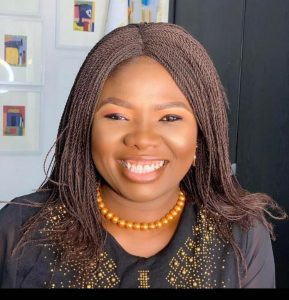
My Ph.D thesis x-rayed the university-based entrepreneurship ecosystem through the lens of students’ engagement, students’ support, teaching-learning resources and teaching quality of an entrepreneurship education course made compulsory for students since 2007. The study sought to examine the intersections between the variables and entrepreneurship skills development of the graduating students. It had become expedient to examine the intersections between these constructs and skills development because of the insignificant impact the entrepreneurship courses taken by Nigerian university students had on the extent to which graduating students were able to create and sustain businesses. As reported by the Nigerian Bureau of Statistics, (NBS) unemployment rate was higher for people who had a higher level of education. More graduates still struggle for white collar jobs that are no longer available and the 469,070 jobs created in Nigeria as reported by the National Bureau of Statistics (2015) was obviously insufficient to cater for the Universities graduate output numbering 266,293 as reported by the National Universities commission (2017).
To help understand the relationships and intersections between the variables, a convergent mixed method research design was adopted with a population of 26,830 final year students and 8 directors of entrepreneurship development centers. The multi-stage sampling technique was used to select 2,394 final year students and 6 directors of entrepreneurship development centers as sample. Three theories underpinned the study: Theory of Experiential Education, Skills acquisition Theory and Theory of Entrepreneurship. The key-informant interview guide, teaching-learning resource checklist, students’ support checklist and a researcher constructed questionnaire titled, “Students’ Experience of Entrepreneurship Education and Entrepreneurial Skills Acquisition Questionnaire (SEEEESAQ) served as instruments for data collection”. The results showed a high level of entrepreneurship skills acquisition among the students. Students’ experience of entrepreneurship education was also found to be a significant predictor of entrepreneurship skills acquisition. Teaching Quality had the strongest relationship with entrepreneurship skills acquisition and this led to the possibility of a new research that will increase the understanding of how lecturers shaped the entrepreneurship ecosystem of the university. It was concluded that a sustained entrepreneurship skills acquisition programme requires a collaborative approach wherein the universities, faculties, lecturers and students are active participants and co-producers of graduates that are skilled to create value for self and other citizens. The study recommended a broadened and sustained policy commitment on entrepreneurship programmes and activities in the universities.
The People and Challenges
I found it challenging that my Ph.D program was completed without any grant or financial aid. The major source of funds were from family and friends. However, this might not be the case for other colleagues that were able to access and apply for the limited grants available. Having to engage in other jobs as a source of income increased the number of years of completion from four to seven. Nevertheless, my ability to multitask was a plus that made the journey an interesting one. The support I got from my two supervisors (Professor Stephen Oyebade and Associate Professor Jeremiah Adetoro) family and friends kept me focused. Serving as an intern junior research scholar at the ARUA Centre of Excellence for Unemployment and Skills Development under the supervision of Professor Sunday Adebisi also gave me access to resources, networks and activities that were needed to make the study a robust one. I won’t also forget in a hurry the numerous people who kept me accountable by always asking “Bukola, when will you finish your Ph.D?. The people who asked this question never knew how much I was inspired to finish the race.
Lessons and Future Outlook
Ph.D is a worthwhile journey that pays in the long run. The fulfillment of having to be a source of impact and solution in the community is a motivation. One of the major lessons I derived from doing a Ph.D. is resilience (ability to bend in the face of the storm). I was always looking out for new ways of achieving my goals especially when faced with obstacles. This opened me up for more opportunities and skills that later became an asset for me as a pracademic. Today, I look forward to local and global opportunities to be a contributor and co-creator of knowledge and solutions to the developmental issues that the African youth faces. Beyond this, I see myself engaging more with policy makers, development agencies and relevant stakeholders on how Africa can innovatively harness the skills of the youth for a more developed Africa.
Bukola Amao-Taiwo is a postdoctoral fellow at the ARUA C entre of Excellence for unemployment and skills development, University of Lagos, Nigeria.
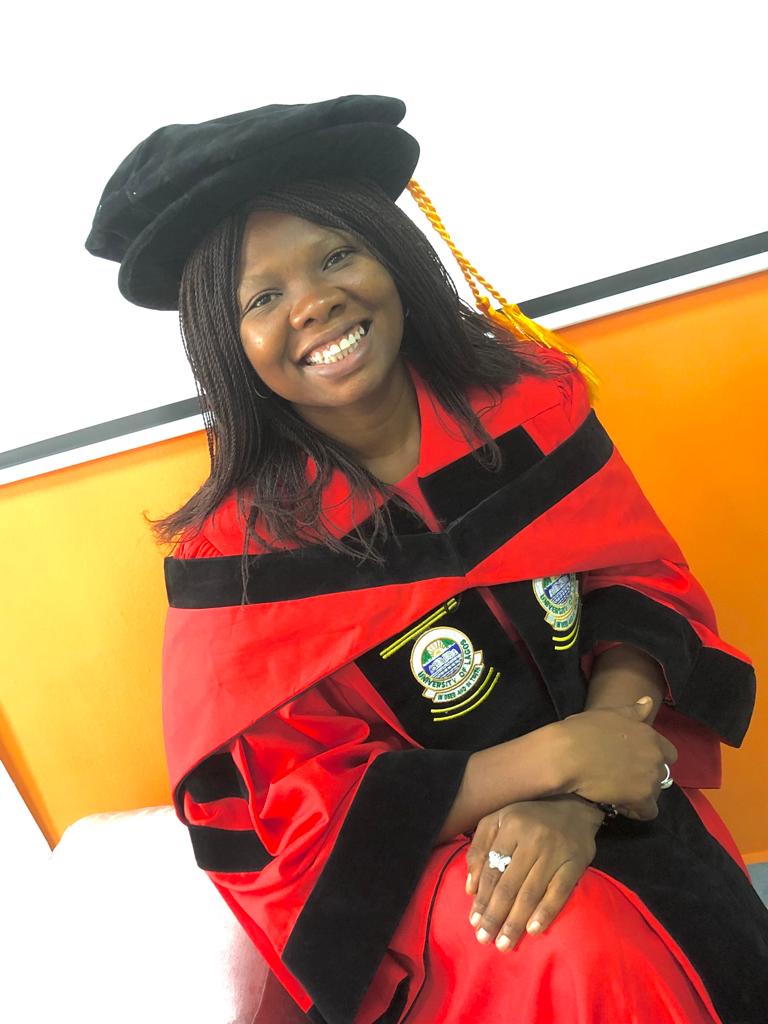
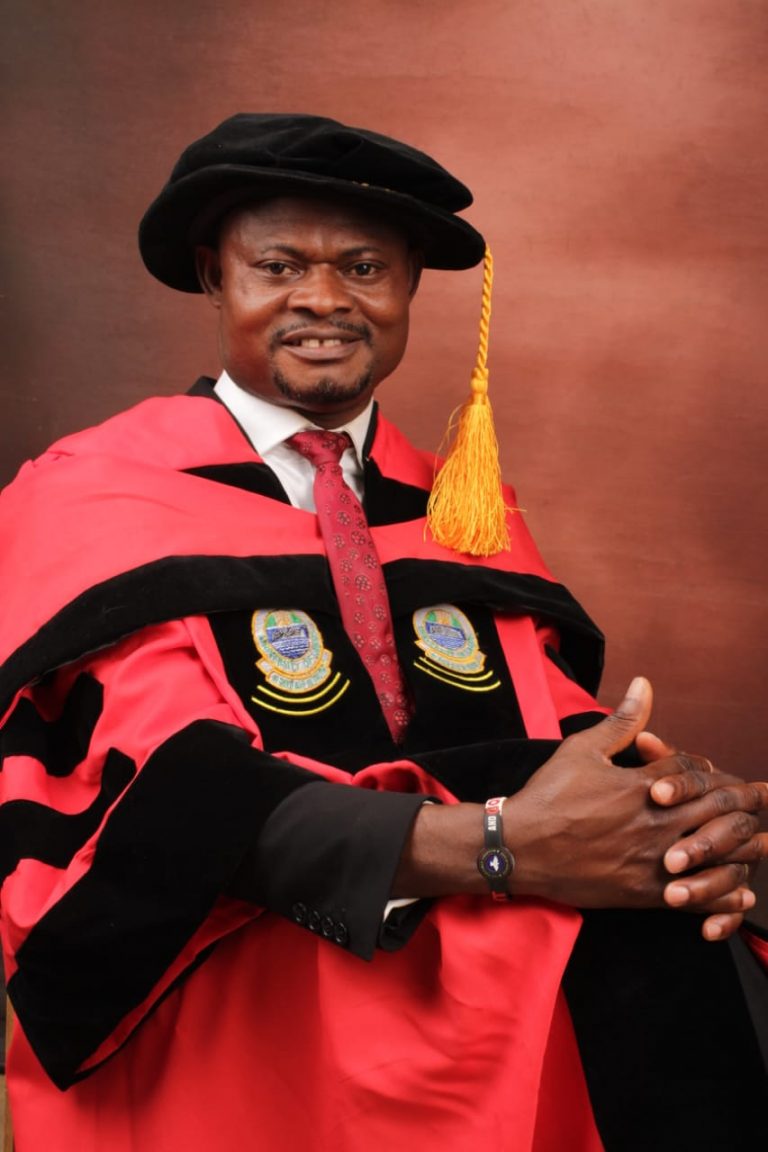
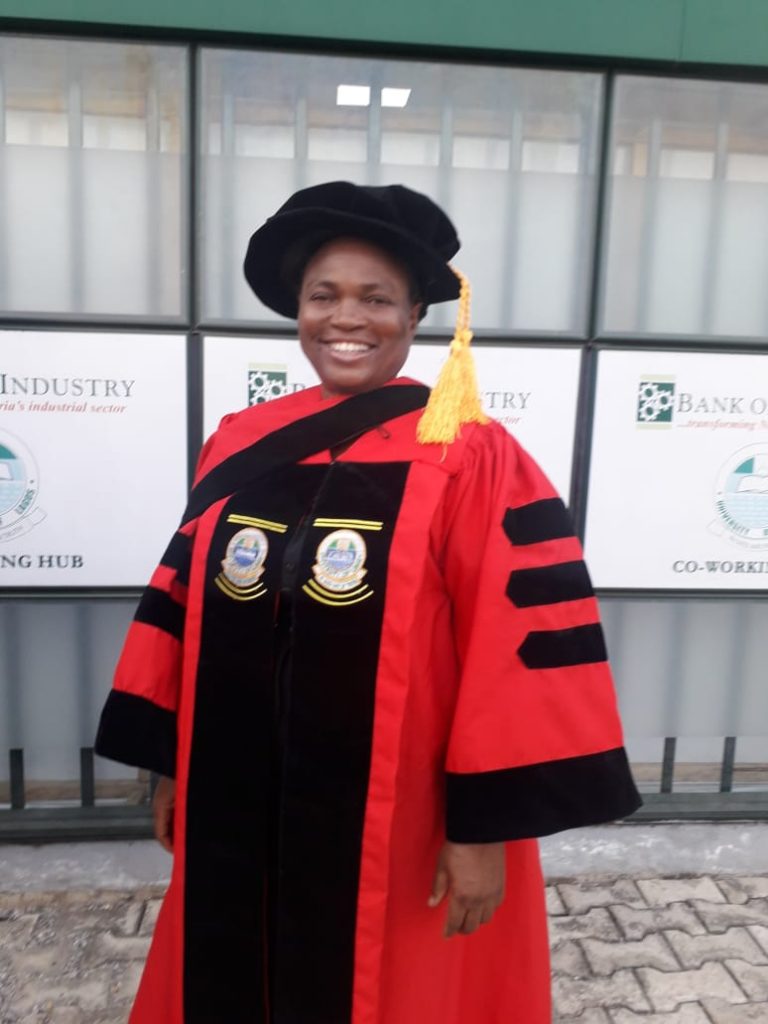
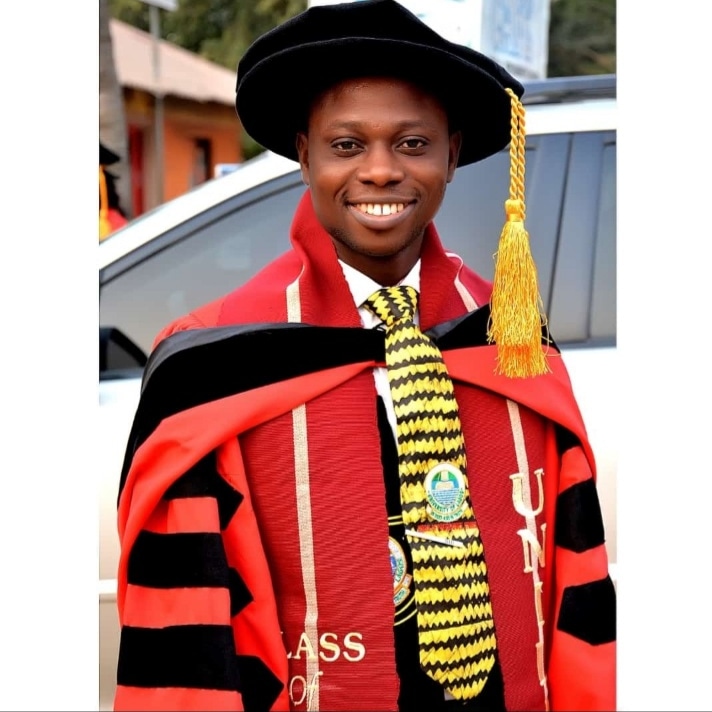
Comment (1)
Comments are closed.
Graduate Mentees of the ARUA Centre of Excellence for Unemployment and Skills Development share PhD Experiences. – ARUA CENTRE OF EXCELLENCE FOR UNEMPLOYMENT AND SKILLS DEVELOPMENT (AT UNIVERSITY OF LAGOS)
[…] Bukola Amao-Taiwo (Ph.D) Monday, 31, Jan […]